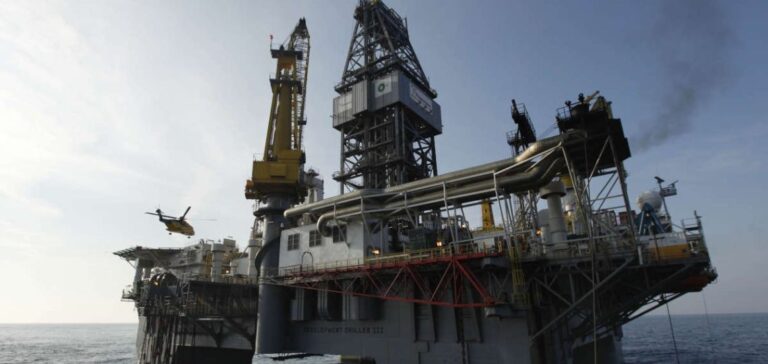The Algerian public company Sonelgaz will construct a 40 MW power plant in Niger following an agreement signed in January 2025 between Sonelgaz and the Nigerien Electricity Company (NIGELEC). This initiative is part of a series of actions designed to support the Sahelian country in managing its energy needs, a critical sector as Niger struggles to diversify its supply sources. While the cost of the power plant has not been disclosed, its construction will be fully funded by Algeria.
The project is part of a broader energy cooperation framework between the two nations. Mourad Adjal, CEO of Sonelgaz, emphasized that this assistance reflects the Algerian government’s commitment to supporting Niger’s energy development, which faces significant challenges in electricity access. According to the latest World Bank data, the electricity access rate in the country was just 19.5% in 2022.
In addition to the power plant, the agreement also includes technical support in the development of electricity transmission and distribution infrastructure. This support will also involve specialized training, including in the renewable energy sector, to strengthen local capacities and promote a sustainable energy transition.
This project comes at a strategic moment as Niger seeks to improve its energy situation to meet population growth and increasing demand. It adds to other bilateral initiatives between the two countries, such as the construction of a petrochemical complex in Dosso and cooperation on the Kafra oil project. Monitoring the implementation of the power plant will be crucial to assess the impact of this collaboration.
Energy Context of Niger
Niger faces numerous challenges in the energy sector, where growing demand lacks sufficient solutions. The 40 MW power plant, although a significant step, represents just the beginning of addressing these supply issues. One of the major challenges remains limited access to electricity, which affects a large portion of the population, particularly in rural areas.
Strengthening Energy Relations Between Algeria and Niger
This power plant project fits into a broader trend of energy cooperation between Algeria and Niger. The two countries collaborate on several fronts, including the Trans-Saharan Gas Pipeline (TSGP) and the Kafra oil project. These partnerships highlight the strategic importance of energy cooperation in the Sahel region, where energy infrastructure plays a key role in economic development.






















